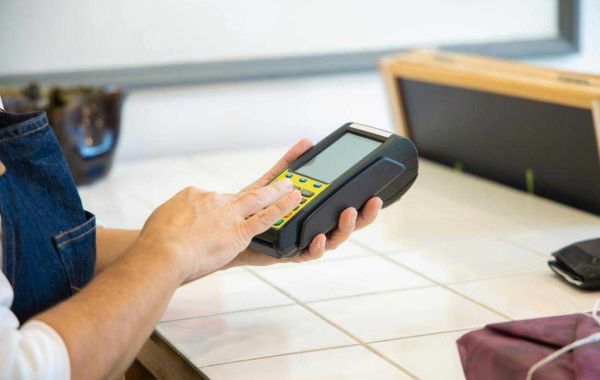Predictive sales analytics is revolutionizing how businesses operate, offering the power to anticipate customer needs and streamline supply chains. Leveraging AI-powered EPOS system in UK, businesses can now forecast demand with remarkable accuracy, reducing excess inventory, cutting costs, and improving customer satisfaction. Here’s how AI integration into EPOS systems is transforming demand forecasting.
1. The Role of AI in EPOS Systems
AI within EPOS systems offers more than just data collection. It analyzes historical sales data, identifies trends, and predicts future demand. This means businesses can use their existing sales data for insights that directly inform inventory management and marketing efforts. AI systems are continuously learning, becoming more accurate with each sales cycle.
2. Data Collection and Analysis
An EPOS system collects vast amounts of data on every transaction, including item types, quantities, time of purchase, and even customer demographics. AI algorithms analyze these data points to discern patterns, such as seasonal buying trends or spikes in specific product demand. This predictive analysis allows businesses to stock up on popular items and reduce unwanted inventory.
3. Real-Time Demand Forecasting
AI-powered EPOS systems allow for real-time demand forecasting by continuously analyzing data inputs. As market conditions shift, consumer preferences evolve, or economic factors change, businesses can respond quickly by adjusting their product offerings. For example, if a heatwave is expected, the system might predict an increase in sales for cold beverages and help a store stock up accordingly.
4. Benefits for Retailers
Using predictive sales analytics in EPOS systems offers several advantages:
- Improved Inventory Management: By forecasting demand accurately, businesses reduce excess stock, save on storage costs, and ensure popular products remain available.
- Enhanced Customer Experience: Predicting product needs ensures shelves are always stocked, leading to satisfied customers and repeat business.
- Minimized Wastage: Especially for perishable goods, accurate demand forecasting ensures that stock is used before it expires, reducing waste and boosting sustainability.
- Optimized Promotions: AI insights help retailers identify when to run promotions, which products to include, and how long to sustain a campaign for maximum impact.
5. Predictive Analytics in Action
UK convenience stores, for instance, often experience increased demand for snacks, drinks, and confectionery during specific sporting events. An AI-powered EPOS system can analyze past sales data from similar events to predict demand and guide inventory orders, ensuring no opportunity is missed.
6. Integration with Other Systems
AI-powered EPOS systems can also integrate with CRM platforms, providing a 360-degree view of customer interactions. This helps create targeted marketing campaigns based on predictive analytics and aligns inventory strategies with anticipated demand.
7. Preparing for the Future
The future of predictive sales analytics in EPOS systems will involve even deeper data integration, including weather forecasts, social media trends, and global economic factors. This holistic approach means businesses will gain unprecedented accuracy in predicting customer needs and staying ahead of competitors.
Conclusion
The integration of AI-powered predictive sales analytics in EPOS systems is reshaping how UK retailers forecast demand. This technology enables businesses to make data-driven decisions, optimize their inventory, and exceed customer expectations. As AI technology evolves, the potential for growth and efficiency in demand forecasting within the EPOS industry will only continue to expand.








